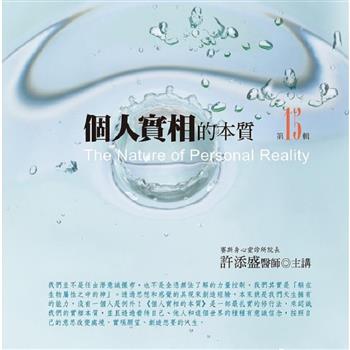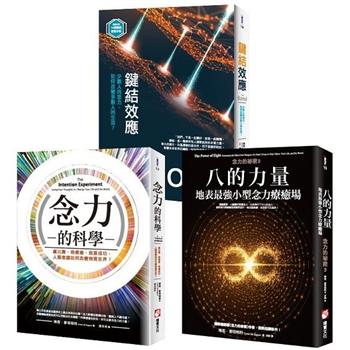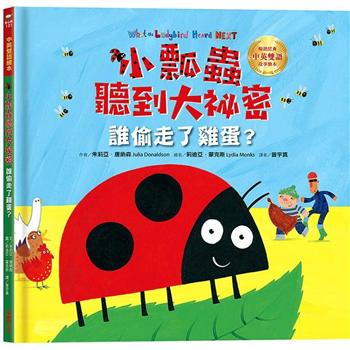This book weaves the past with the present to trace and analyze the distinctive but reiterative evocations of Hindutva ideology in the modern-colonial period. It studies the concept of Hindutva as understood by its first major spokesperson Chandranath Basu, a formidable late nineteenth-century scholar-critic. The author examines the new rhetoric that has shaped Hindu ideologies in a colonial-modern context by foregrounding debates between Chandranath Basu and radical revisionists such as Rabindranath Tagore. It provides original translations of Basu’s works and brings to light a long-neglected professional literary critic.
A unique contribution, this book will be an essential read for scholars and researchers of religion studies, history, postcolonialism, literature, Indian political thought, Indian history, political science, Hindu studies, Hindusim, sociology and political ideology, and South Asian studies.

 共
共 








